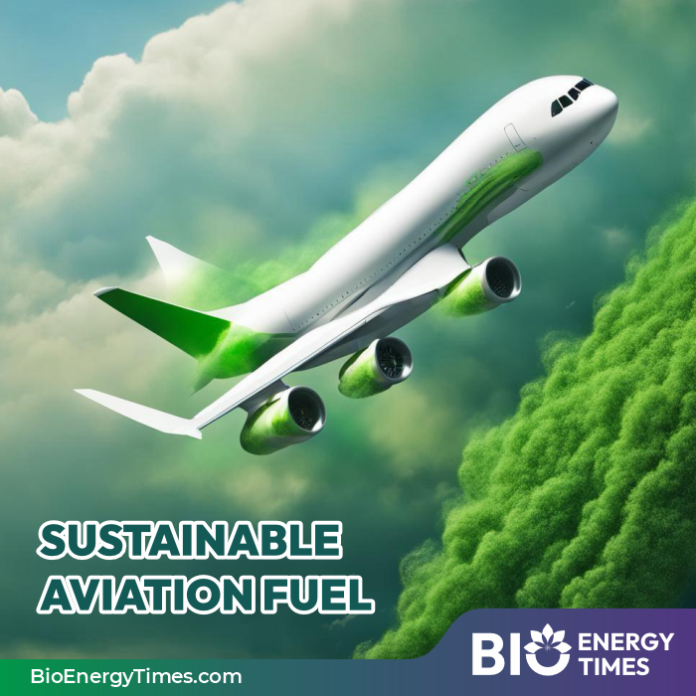Oxford, UK—OXCCU, a company specializing in carbon-to-value technology, has released a new analysis showcasing the potential of its CO₂ Fischer-Tropsch (CO₂ F-T) technology to revolutionize the production of Sustainable Aviation Fuel (SAF). The study highlights significant cost reductions and efficiency improvements that could accelerate the aviation industry’s transition to greener fuel options.
The report outlines several key advantages of OXCCU’s technology:
50% Lower Capital Costs: OXCCU’s process cuts capital expenses in half compared to traditional SAF production methods like Methanol-to-Jet (MTJ) or Reverse Water Gas Shift Fischer-Tropsch (RWGS+FT).
25% Lower Fuel Costs: The CO₂ F-T technology reduces the cost of SAF production by around 25% per tonne compared to conventional methods, making e-SAF more affordable.
At the core of OXCCU’s approach is its proprietary iron-based Fischer-Tropsch catalyst, which can work directly with CO₂. This allows for the production of jet fuel-range hydrocarbons in a single, exothermic step. The process requires fewer steps and less hydrogen input, leading to lower operating and capital costs. The resulting SAF, branded as OXEFUEL™ meets the UK’s Renewable Fuels of Non-Biological Origin (RFNBO) greenhouse gas emission reduction standards and boasts some of the lowest GHG emissions among SAF production methods.
Andrew Symes, Co-Founder and CEO of OXCCU, emphasized the importance of the breakthrough. “This report demonstrates the economic and environmental advantages of our CO₂ F-T technology, offering a clear pathway for the aviation industry to transition to greener fuel for commercial travel. We are proud to be developing a scalable, cost-effective solution to meet the urgent demand for sustainable fuels,” he said.
OXCCU’s PtL (Power-to-Liquid) SAF technology represents a significant step in the global effort to decarbonize air travel. By synthesizing jet fuel from captured carbon dioxide and green hydrogen, the technology supports the aviation industry’s goal of achieving net-zero emissions.
The company is currently validating its technology at the OX1 demonstration plant, with plans to expand development in 2025 and 2026. OXCCU aims to have a commercial-scale plant operational by the end of the decade, offering the lowest-cost PtL pathway by eliminating intermediate steps like RWGS or methanol production.
A spin-out from the University of Oxford, OXCCU specializes in converting carbon dioxide and hydrogen into hydrocarbons for use as fuels, chemicals, and plastics. The company operates from Begbroke Science Park and London Oxford Airport, contributing to sustainable innovation from its UK headquarters.
For detailed information and further insights, please refer to BioEnergyTimes.com, which provides the latest news about the Sustainable Aviation Fuel Industry














